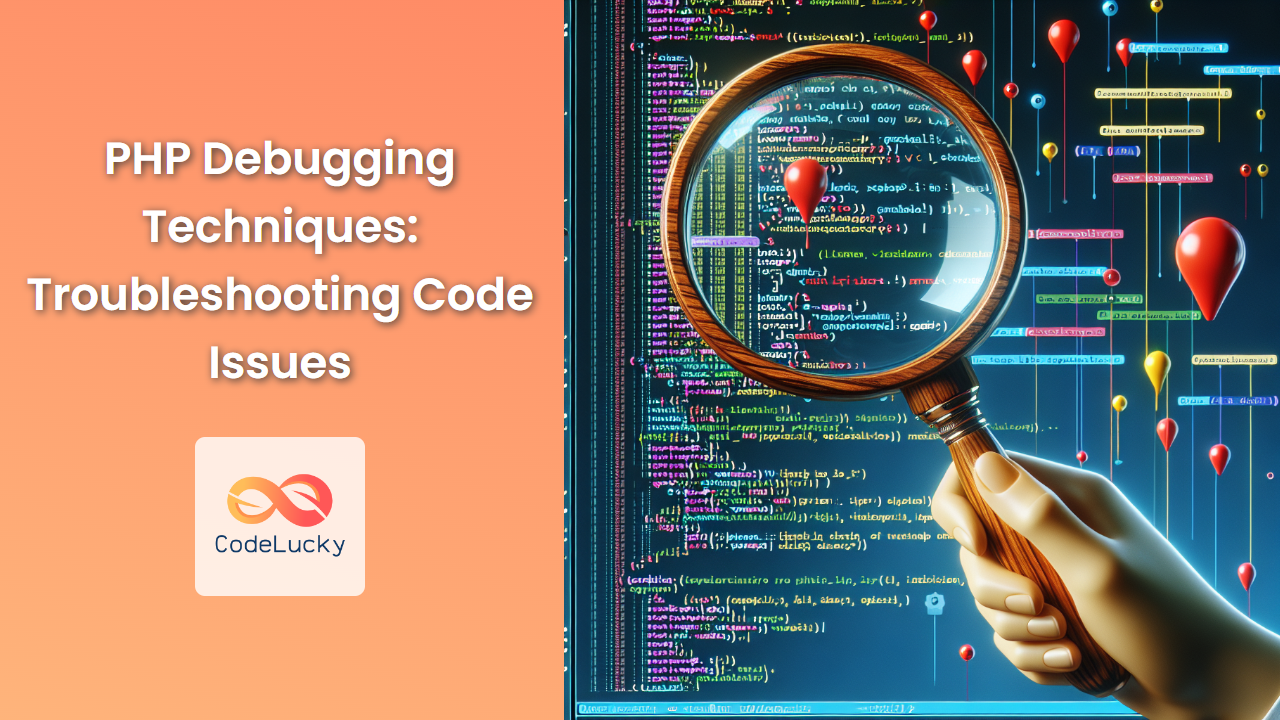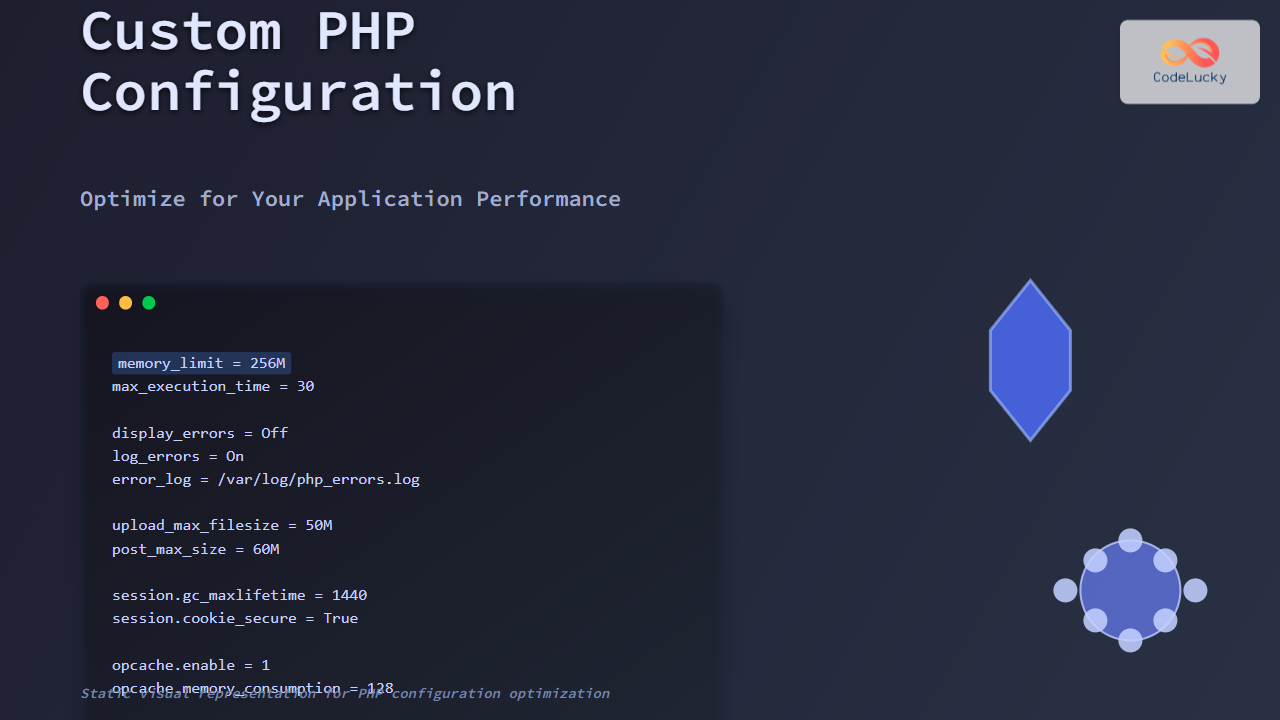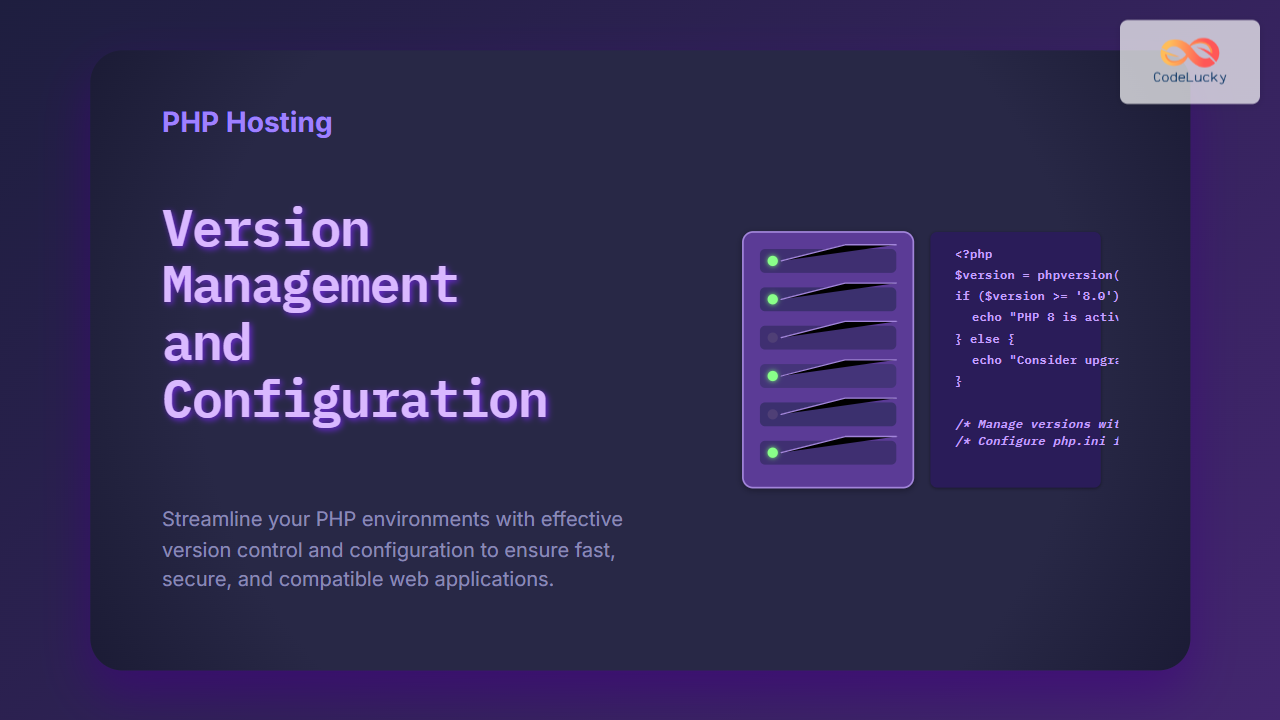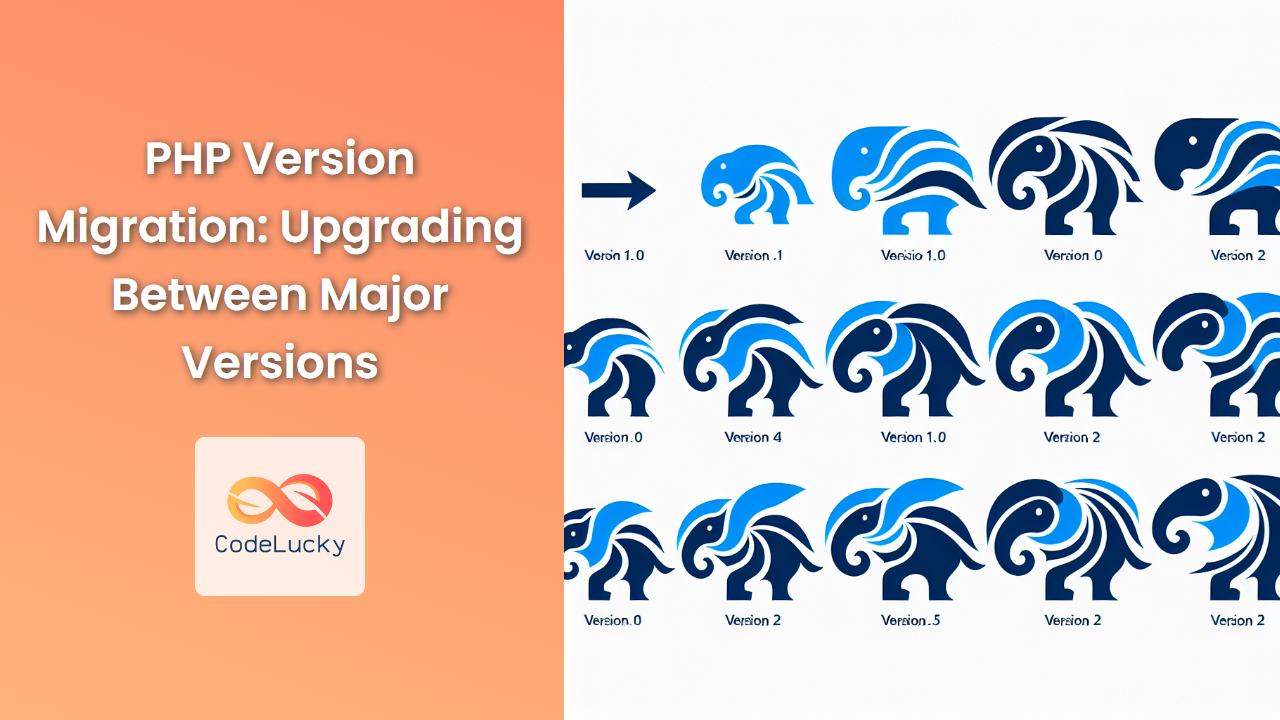Debugging is an essential skill for any PHP developer. It's the process of identifying, isolating, and fixing errors in your code. In this comprehensive guide, we'll explore various PHP debugging techniques that will help you troubleshoot code issues effectively and efficiently.
Understanding PHP Errors
Before we dive into debugging techniques, it's crucial to understand the types of errors you might encounter in PHP:
- 🚫 Parse Errors: Syntax errors that prevent the code from being executed.
- ⚠️ Warnings: Non-fatal errors that don't stop script execution but indicate potential issues.
- 🔔 Notices: Similar to warnings but for less critical issues.
- 🔥 Fatal Errors: Severe errors that halt script execution.
Let's look at examples of each:
Parse Error
<?php
echo "Hello World" // Missing semicolon
?>
This will result in:
Parse error: syntax error, unexpected end of file in /path/to/file.php on line 2
Warning
<?php
$file = 'non_existent_file.txt';
$contents = file_get_contents($file);
echo $contents;
?>
Output:
Warning: file_get_contents(non_existent_file.txt): Failed to open stream: No such file or directory in /path/to/file.php on line 3
Notice
<?php
$name;
echo $name;
?>
Output:
Notice: Undefined variable: name in /path/to/file.php on line 3
Fatal Error
<?php
nonexistent_function();
?>
Output:
Fatal error: Uncaught Error: Call to undefined function nonexistent_function() in /path/to/file.php:2
Stack trace:
#0 {main}
thrown in /path/to/file.php on line 2
Enabling Error Reporting
To effectively debug your PHP code, you need to ensure that error reporting is enabled. You can do this in your PHP configuration file (php.ini) or directly in your script:
<?php
error_reporting(E_ALL);
ini_set('display_errors', 1);
// Your code here
?>
This configuration will display all errors, warnings, and notices, which is crucial for debugging.
Using var_dump() and print_r()
Two of the most commonly used functions for debugging in PHP are var_dump() and print_r(). These functions allow you to inspect variables and their contents.
var_dump()
The var_dump() function displays structured information about one or more expressions, including their type and value.
<?php
$user = [
'name' => 'John Doe',
'age' => 30,
'email' => '[email protected]'
];
var_dump($user);
?>
Output:
array(3) {
["name"]=>
string(8) "John Doe"
["age"]=>
int(30)
["email"]=>
string(16) "[email protected]"
}
print_r()
The print_r() function prints human-readable information about a variable.
<?php
$fruits = ['apple', 'banana', 'orange'];
print_r($fruits);
?>
Output:
Array
(
[0] => apple
[1] => banana
[2] => orange
)
💡 Pro Tip: When debugging in a web environment, wrap your var_dump() or print_r() output in <pre> tags to preserve formatting:
echo '<pre>';
var_dump($variable);
echo '</pre>';
Logging Errors
Logging errors is crucial for debugging, especially in production environments where you don't want to display errors to users. PHP provides the error_log() function for this purpose.
<?php
function divide($a, $b) {
if ($b == 0) {
error_log("Division by zero attempted: $a / $b", 0);
return false;
}
return $a / $b;
}
$result = divide(10, 0);
if ($result === false) {
echo "An error occurred. Check the error log for details.";
}
?>
This will log the error message to the default error log file (usually error_log in your PHP installation directory).
Using Xdebug
Xdebug is a powerful PHP extension that provides debugging and profiling capabilities. It can be integrated with various IDEs for step-by-step debugging.
To install Xdebug, you can use PECL:
pecl install xdebug
Once installed, you need to configure it in your php.ini file:
zend_extension=xdebug.so
xdebug.mode=debug
xdebug.start_with_request=yes
With Xdebug configured, you can use breakpoints in your IDE to pause execution and inspect variables at specific points in your code.
Debugging Database Queries
When working with databases, it's often necessary to debug your SQL queries. Here's an example using PDO:
<?php
$pdo = new PDO('mysql:host=localhost;dbname=testdb', 'username', 'password');
$pdo->setAttribute(PDO::ATTR_ERRMODE, PDO::ERRMODE_EXCEPTION);
$stmt = $pdo->prepare("SELECT * FROM users WHERE id = :id");
$id = 1;
$stmt->bindParam(':id', $id, PDO::PARAM_INT);
try {
$stmt->execute();
$user = $stmt->fetch(PDO::FETCH_ASSOC);
var_dump($user);
} catch (PDOException $e) {
error_log("Database Error: " . $e->getMessage());
echo "An error occurred. Please try again later.";
}
?>
To debug the actual SQL query being executed, you can use the following technique:
$stmt = $pdo->prepare("SELECT * FROM users WHERE id = :id");
$id = 1;
$stmt->bindParam(':id', $id, PDO::PARAM_INT);
// Get the interpolated query
$interpolatedQuery = interpolateQuery($stmt->queryString, $stmt->getBindValues());
error_log("Executed query: " . $interpolatedQuery);
// Helper function to interpolate query parameters
function interpolateQuery($query, $params) {
$keys = array();
$values = $params;
foreach ($params as $key => $value) {
if (is_string($key)) {
$keys[] = '/:' . $key . '/';
} else {
$keys[] = '/[?]/';
}
if (is_string($value)) {
$values[$key] = "'" . $value . "'";
}
if (is_array($value)) {
$values[$key] = "'" . implode("','", $value) . "'";
}
if (is_null($value)) {
$values[$key] = 'NULL';
}
}
return preg_replace($keys, $values, $query);
}
This will log the actual SQL query with interpolated values, making it easier to debug database-related issues.
Using assert() for Debugging
The assert() function can be a powerful tool for debugging. It evaluates an expression and takes action if the result is false.
<?php
function calculateArea($length, $width) {
assert(is_numeric($length) && $length > 0, 'Length must be a positive number');
assert(is_numeric($width) && $width > 0, 'Width must be a positive number');
return $length * $width;
}
try {
$area = calculateArea(5, 'invalid');
echo "The area is: $area";
} catch (AssertionError $e) {
echo "Assertion failed: " . $e->getMessage();
}
?>
Output:
Assertion failed: Width must be a positive number
Debugging with Exception Handling
Proper exception handling can greatly aid in debugging by providing detailed information about errors:
<?php
class DivisionException extends Exception {}
function safeDivide($numerator, $denominator) {
if (!is_numeric($numerator) || !is_numeric($denominator)) {
throw new InvalidArgumentException("Both arguments must be numbers");
}
if ($denominator == 0) {
throw new DivisionException("Cannot divide by zero");
}
return $numerator / $denominator;
}
try {
$result = safeDivide(10, 0);
echo "Result: $result";
} catch (InvalidArgumentException $e) {
error_log("Invalid Argument: " . $e->getMessage());
echo "An error occurred with the input.";
} catch (DivisionException $e) {
error_log("Division Error: " . $e->getMessage());
echo "An error occurred during calculation.";
} catch (Exception $e) {
error_log("Unexpected Error: " . $e->getMessage());
echo "An unexpected error occurred.";
}
?>
This approach allows you to handle different types of errors separately, making debugging more manageable.
Using the Debug Backtrace
The debug_backtrace() function can be incredibly useful for understanding the execution path of your script:
<?php
function third() {
$backtrace = debug_backtrace();
echo "<pre>";
print_r($backtrace);
echo "</pre>";
}
function second() {
third();
}
function first() {
second();
}
first();
?>
This will output the entire call stack, showing you how the third() function was called.
Conclusion
Debugging is an art as much as it is a science. The techniques we've covered in this article will help you identify and resolve issues in your PHP code more effectively. Remember, the key to successful debugging is patience and a systematic approach.
🔍 Always start by enabling error reporting and logging.
🧠 Use var_dump() and print_r() liberally to inspect variables.
🐞 Leverage tools like Xdebug for more complex debugging scenarios.
📊 Don't forget to debug your database queries.
⚠️ Implement proper exception handling to catch and diagnose errors.
🔬 Use assert() and debug_backtrace() for deeper insights into your code's behavior.
By mastering these PHP debugging techniques, you'll be well-equipped to tackle even the most challenging code issues. Happy debugging!



















